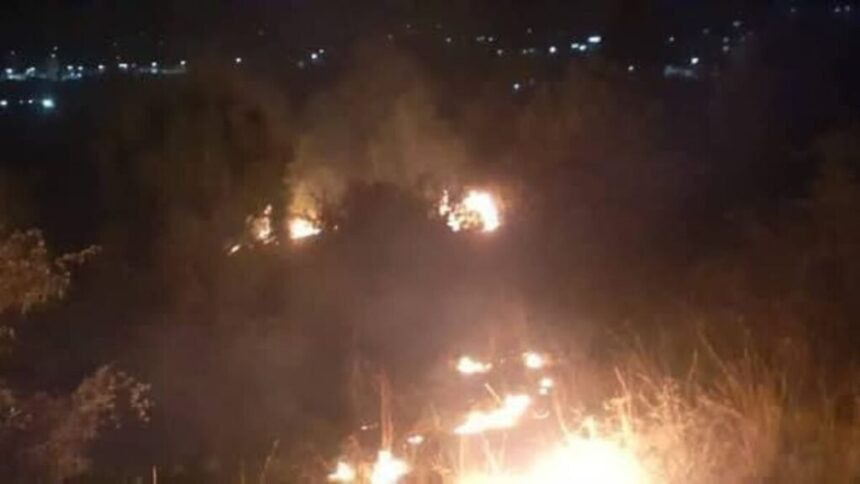RASC News Agency: Rangin Dadfar Spanta, former National Security Advisor of Afghanistan, has strongly condemned Pakistan’s recent airstrike in Paktika, stating, “Pakistan must understand that it is now reaping the bitter fruits of its own sowing.” In his statement, Spanta denounced the attack as a clear violation of international law and an assault on Afghanistan’s territorial integrity. He remarked, “Pakistan is harvesting the consequences of its long-standing actions.”
Posting on X, Spanta described the airstrike as “a blatant incursion into Afghanistan’s sovereignty.” He further lamented, “A nation bereft of a legitimate government is rendered voiceless in the global arena, and this is the tragedy of our people today.” According to Spanta, Afghanistan currently stands without a voice or influence on the international stage. Other former officials of Afghanistan’s previous government have also condemned Pakistan’s airstrike on Paktika, asserting that such aggression is a direct consequence of the Taliban’s policies and their harboring of extremist elements.
Meysam Nazari, a senior member of the National Resistance Front of Afghanistan, added that the Pakistani attack is a result of the Taliban’s open support for terrorist groups. He emphasized, “By granting sanctuary to foreign terrorists on Afghanistan soil, the Taliban have created the pretext for foreign powers to launch attacks against our country.” Earlier this week, Pakistan’s air force carried out an assault in Paktia province, killing nearly 40 individuals. While Pakistan claims the operation targeted members of the Tehrik-i-Taliban Pakistan (TTP), the Taliban have reported that the casualties included civilians from Paktika, including women and children.
This is not an isolated incident, as Pakistan has previously launched attacks against TTP camps within Afghanistan. The Pakistani military has repeatedly accused the Taliban of providing refuge to TTP militants, allegations that the Taliban have consistently denied. The situation underscores the deteriorating security landscape in Afghanistan and the consequences of the Taliban’s alliances with extremist networks, leaving the country vulnerable to foreign intervention and devoid of effective international representation.






